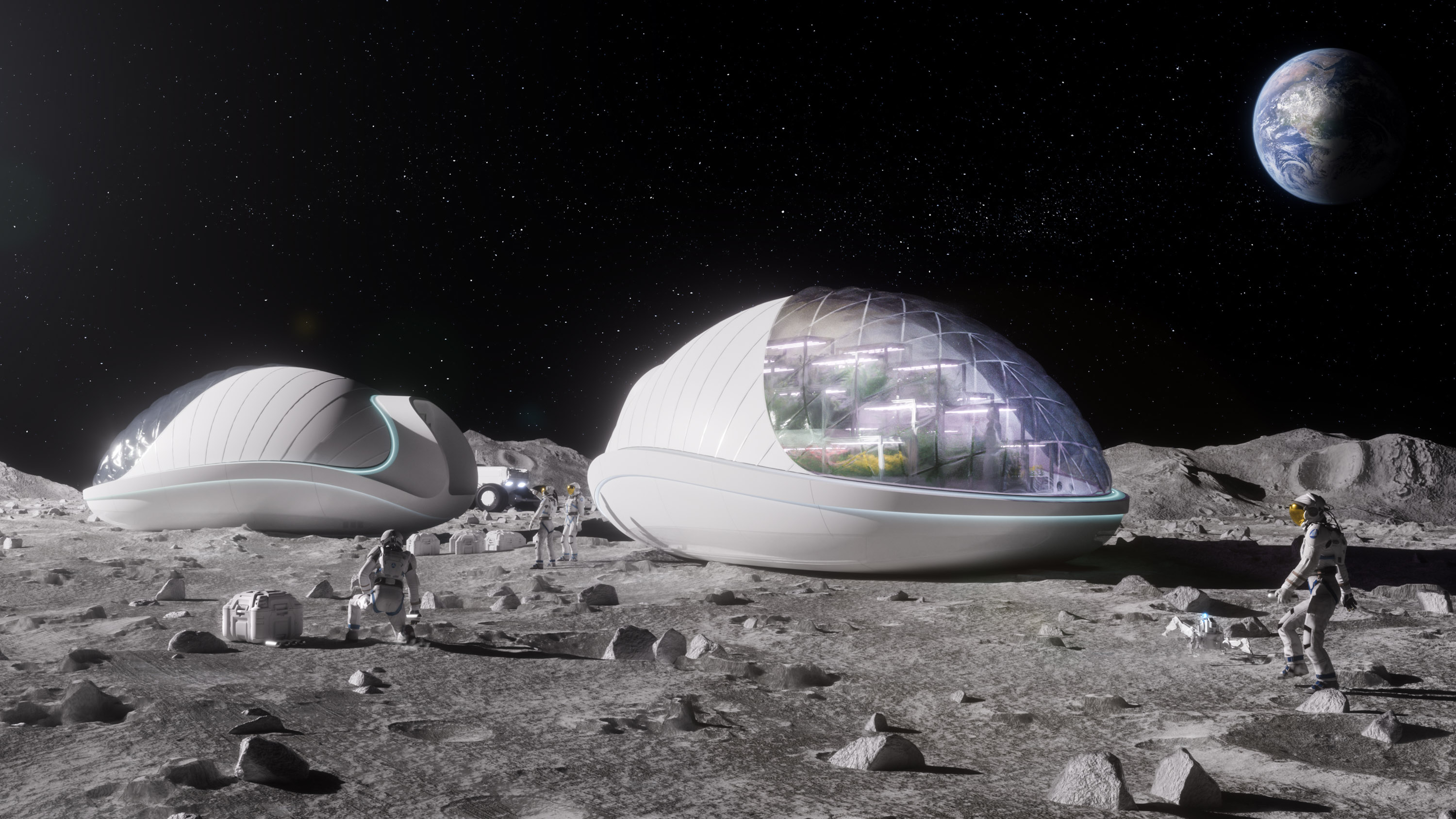This is today’s edition of The Download, our weekday newsletter that provides a daily dose of what’s going on in the world of technology.
OpenAI has finally released open-weight language models
The news: OpenAI has finally released its first open-weight large language models since 2019’s GPT-2. Unlike the models available through OpenAI’s web interface, these new open models can be freely downloaded, run, and even modified on laptops and other local devices.
Why it matters: These releases re-establish OpenAI as a presence for users of open models. That’s particularly notable at a time when Meta, which had previously dominated the American open-model landscape with its Llama models, may be reorienting toward closed releases—and when Chinese open models are becoming more popular than their American competitors. Read the full story.
—Grace Huckins
MIT Technology Review Narrated: AI means the end of internet search as we’ve known it
The biggest change to the way search engines deliver information to us since the 1990s is happening right now. No more keyword searching. Instead, you can ask questions in natural language. And instead of links, you’ll increasingly be met with answers written by generative AI and based on live information from across the internet, delivered the same way.
Not everyone is excited for the change. Publishers are completely freaked out. And people are also worried about what these new LLM-powered results will mean for our fundamental shared reality.
This is our latest story to be turned into a MIT Technology Review Narrated podcast, which we publish each week on Spotify and Apple Podcasts. Just navigate to MIT Technology Review Narrated on either platform, and follow us to get all our new content as it’s released.
The must-reads
I’ve combed the internet to find you today’s most fun/important/scary/fascinating stories about technology.
1 Nvidia insists its AI chips don’t have a “kill switch”
After China’s Cyberspace Administration asked for security documentation. (CNBC)
+ The country’s ambitions to consolidate its chip giants aren’t going to plan. (FT $)
+ Two Chinese nationals have been charged with illegally shipping chips. (Reuters)
2 America’s new data centers are driving colossal electricity demand
And a handful of equipment makers are reaping the benefits. (FT $)
+ We did the math on AI’s energy footprint. Here’s the story you haven’t heard. (MIT Technology Review)
3 RFK Jr has cancelled close to $500 million in mRNA vaccine contracts
Which could leave us dangerously underprepared for a future pandemic. (Politico)
+ We’re losing a key insight into global health. (Vox)
+ How measuring vaccine hesitancy could help health professionals tackle it. (MIT Technology Review)
4 Uber has a sexual assault problem
Newly-unveiled records show it gathered far more sexual assault and misconduct reports than previously revealed. (NYT $)
5 A British politician created an AI clone of himself
And although it provoked a backlash, other MPs may follow his lead. (WP $)
+ A former CNN journalist has interviewed an AI version of a mass-shooting victim. (The Guardian)
6 xAI’s new Grok Imagine tool has a “spicy” mode
Which seems to be code for non-consensual porn images. (The Verge)
+ It’s already generated fake Taylor Swift nudes without being asked. (Ars Technica)
7 How does ChatGPT fare as a couple’s counselor?
It gets some stuff right. But it also gets some things really wrong. (NPR)
+ The AI relationship revolution is already here. (MIT Technology Review)
8 Syria’s refugees are returning to rebuild its tech industry
But sectarian violence and poor connectivity mean it’s an uphill battle. (Rest of World)
9 Sales of Ozempic have dropped
Rival Mounjaro seems to be more effective. (The Guardian)
+ We’re learning more about what weight-loss drugs do to the body. (MIT Technology Review)
10 Google Calendar rules college kids’ lives
They schedule everything from assignments to parties and hook ups. (WSJ $)
Quote of the day
“This is a bad day for science.”
—Scott Hensley, an immunologist at the University of Pennsylvania, criticizes the Department of Health and Human Services’ decision to cancel hundreds of millions of dollars in funding for mRNA vaccine projects, the New York Times reports.
One more thing

Future space food could be made from astronaut breath
The future of space food could be as simple—and weird—as a protein shake made with astronaut breath or a burger made from fungus.
For decades, astronauts have relied mostly on pre-packaged food during their forays off our planet. With missions beyond Earth orbit in sight, a NASA-led competition is hoping to change all that and usher in a new era of sustainable space food.
To solve the problem of feeding astronauts on long-duration missions, NASA asked companies to propose novel ways to develop sustainable foods for future missions. Around 200 rose to the challenge—creating nutritious (and outlandish) culinary creations in the process. Read the full story.
—Jonathan O’Callaghan
We can still have nice things
A place for comfort, fun and distraction to brighten up your day. (Got any ideas? Drop me a line or skeet ’em at me.)
+ There are a lot of funny cat videos out there but honestly, this is top-drawer.
+ Check out this adorable website where people share what they see in clouds.
+ Babe you’re glowing! No seriously, you literally are.
+ I loved watching this woman from London’s East End wax lyrical about the dawn of TV.

